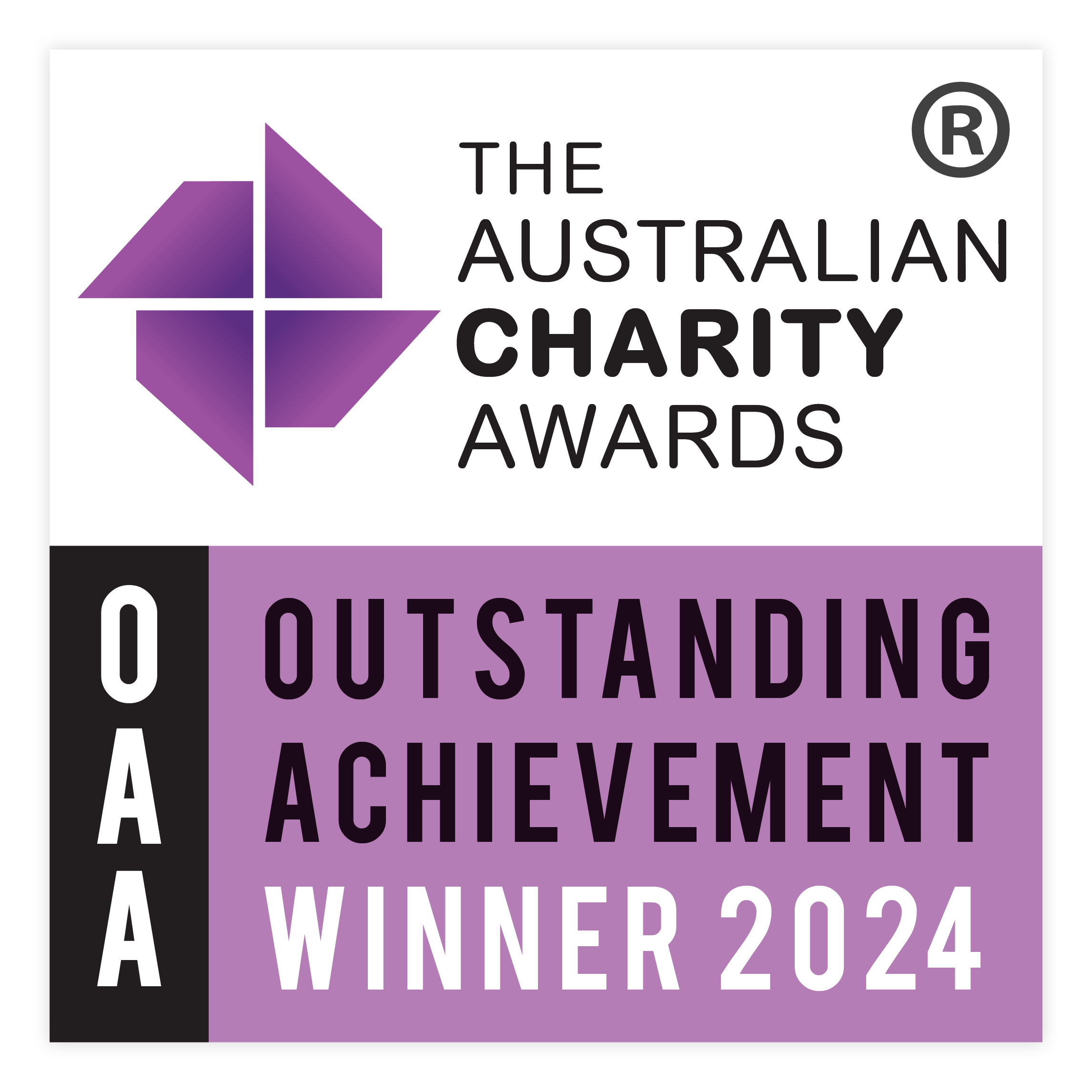Updated 31st March 2021
Recovery Fund – Rebuild. Relief. Restore
StreetSmart has established a brand new ‘Recovery Fund’ to help support smaller homelessness service providers impacted by crises such as COVID-19 and natural disasters. Grants from this fund will help organisations adapt to the challenges they are facing, reinvigorate programs, rethink strategies, and build capacity and resilience. Grants will target organisations with a particular focus on people impacted heavily by the pandemic e.g. youth, women and children experiencing domestic violence, migrant and refugee communities, temporary visa holders, and the unemployed. Grants and resources will also be allocated to supporting charities impacted by the recent floods in New South Wales.
Last year COVID-19 heavily impacted the homelessness service organisations we support, on multiple fronts. Many were restricted in their program delivery, unable to run their usual services, as the demand for their services actually increased. DV services and food relief programs reported a 30-60% increase in levels of requests for support. COVID-19 radically changed practises with organisations delivering support via digital channels requiring investment in new systems and equipment. Many organisations were unexpectedly involved in programs to rapidly accommodate rough sleepers off the street, caring for people in hotels and motels as part of the emergency response to homelessness. A number of services who did not traditionally offer food relief are now being called on to provide this type of support.
At the same time research found revenue fell at third of organisations as community fundraising came to a halt, investment income fell and social enterprise businesses faltered or closed. Almost 90 per cent of services for migrants and multicultural communities reported increased numbers of clients. Research indicated close to 300,000 not-for-profit staff were stood down and placed on the JobKeeper program. Many organisations tapped into reserves and it will take a number of years to recover these income streams. The homelessness sector is at a crisis point with the end of JobKeeper, rent abatement and insolvency protections, cuts to Job Seeker support, and an end to government funding for equal pay within the sector which will result in a $56 million funding cut.
Now more than ever, this Recovery Fund is essential to:
Rebuild: Help charities rebuild and adapt to new challenges
Relief: Provide vital aid and staff support
Restore: Re-establish services to full potential

Updated 9th March 2021
SmartMeals reboots this week
Recent research has found that food insecurity still remains a major challenge for many people impacted by the COVID-19 recession including people recently, and unexpectedly, made unemployed and a number of groups unsupported by Government, including overseas students, refugees and temporary visa holders. There are also still people, previously homeless, accommodated in hotels and motels, in need of food and meals support. At the same time, until a vaccine is rolled out, many community meals programs remain closed or have reduced capacity. We have found demand for ready-made meals remains high, so SmartMeals will continue to have an important role plugging the gaps in food relief systems.
“We could definitely do with support around producing emergency meals for Micah supported individuals and low income community members. Since COVID struck there’s been a sharp increase in demand for meals and grocery support through our cafes and teams. We are now providing around 150-200 meals per week and don’t foresee demand dropping for these services anytime soon.” Annette Gillespie, Micah Projects
This week we launch a reboot of SmartMeals for 2021 with a focus on supporting social enterprises.
Partnering With Social Enterprises To Rebuild
The impact of COVID-19 for food based social enterprises was devastating. Their business models were upended as corporate catering dried up and cafes had to shut down. As the hospitality industry slowly opens up, SmartMeals will focus support on social enterprises who need help to rebuild and offer unique opportunities for job training and readiness in marginalised communities. This support will help strengthen the recovery of these enterprises and help underpin their trading. Importantly, the SmartMeals partnerships will enable them to continue to provide vital job training, readiness and pathways programs for vulnerable people in a difficult jobs market, while providing ready made meals to vulnerable locals.
“We are a social enterprise that exists to create pathways to employment and economic empowerment for people seeking asylum. Since COVID this business has been heavily impacted. At the same time our community members have also been severely affected by the pandemic, losing work opportunities and other support services. The partnership with the SmartMeals program will enable us to offer our members ready-made, culturally appropriate meals while continuing the business to help provide employment and experience to our members.” Asylum Seeker Resource Centre Catering
Our SmartMeals program reboots from 8th March. We will be partnering with 11 social enterprises, in 5 States, supplying 3880 meals per week at a cost of $11,190 per week, and we will run the program for as long as funding permits and it is needed.
Update 8th January 2021
During the last three months of 2020 we continued to deliver programs responding to the fallout from COVID-19. This work included continuing to run our SmartMeals program, we also made our first round of SmartCare Grants, ran our annual CafeSmart and DineSmart fundraising events, delivered a round of SleepSafe packs and gave out 87 small Community Grants. All of this work was facilitated by our generous supporters, donors, sponsors and funders.
SmartMeals: Due to incredible community support, we were able to run SmartMeals up to Christmas (at slowly diminishing levels) providing 9 months of support since we started back in March. The program wound down on the 18th December, except for a few specific programs over the Christmas and holiday period. In December we passed the milestone of 100,000 meals delivered.
SmartCare: In September we launched our SmartCare program to raise fund for frontline homelessness staff wellbeing in response to concerns raised throughout our partner network. We made our first round of SmartCare grants of $47,000 to 15 charity partners in November – read more about these grants in our blog.
SleepSafe: In partnership with Sheridan a further 3900 SleepSafe sleep kits were despatched to over 100 homelessness services.
CafeSmart 2020: we held our 10th annual CafeSmart campaign in October engaging with 300 businesses and raised just over $80,000+ for community grants. These grants were provided on the 16th December to 87 grassroots homeless services across all States and Territories. Further information will be published in January about these grants.
DineSmart 2020: during December, 39 top restaurants participated in DineSmart raises funds for the SmartMeals food security program.
We are concerned that food insecurity is increasing. With JobSeeker and JobKeeper both being steadily reduced, we are seeing numbers of people seeking help increasing across our community partners. We have been working with our partners to provide some meals over the Christmas period as services traditionally shut down. We are also keen to continue to support hospitality based social enterprises who have been hit very hard by COVID-19 well into 2021. Our work in the food security sector is certainly not over.
Update 28th September 2020
During August and September we have continued to run our SmartMeals program. With generous community, philanthropic and corporate support we have expanded the program to include more regional areas while sustaining the partnership to supply meals to homeless people who were rapidly accommodated in hotels and motels. We have been delivering over 1000 meals per day from a network of over 40 cafes, restaurants and social enterprise businesses to over 50 charity partners. During August we passed the “50,000 meals delivered” tally and wrote this blog about the programs social impact https://streetsmartaustralia.org/the-real-life-impact-of-50000-meals-delivered-to-vulnerable-australians/
Since the start of the COVID-19 pandemic, we have been concerned for the welfare of vulnerable people and the essential, frontline staff that are working to assist and protect them. Many workers are in close, daily contact with vulnerable clients, providing vital support services and sometimes healthcare. Charities are seeing more people yet are under financial pressure, and assistance with staff supervision and support budgets, especially at smaller organisations, is needed. This is why we have established SmartCare, a campaign helping fund staff mental and physical well-being programs at homeless organisations. Find out more and hear from front-line managers in this blog post https://streetsmartaustralia.org/smartcare-supporting-frontline-workers/
Update 22nd July 2020
Many States and Territories are well on top of the COVID-19 pandemic however Victoria and some areas of NSW are struggling to contain the spread of the virus. This means that the economic effects are still being felt across Australia with many people impacted heavily by the economic downturn. Of course, vulnerable people have been hit hard, with limited capacity to adapt to changing circumstances. To help we have continued to raise funds to support our COVID-19 Emergency Response Fund Grants and our SmartMeals program.
To date we have made four rounds of grants totalling $41,000. The latest grants assisted community led food programs targeting people who have mostly slipped through the gaps in Govt support e.g. Temporary Visa Holders, casual employees with few hours, refugees and international students. Read our Grants blog here.
We have also focussed your donation support to run SmartMeals. To date 23,830 meals have been provided through 11 partnerships between charities and cafes/restaurants keeping people fed and some people employed. Many of these meals are supporting people who have been provided with hotel or motel accommodation having previously been rough sleeping. It’s a vital program to keep the vulnerable safe. Read about SmartMeals here.
Thank you to everyone who has donated to provide these services.
Updated 16th June 2020
Through strong evidence based action by Governments and community Australia has done well in containing the spread of COVID-19. During the early stages of the pandemic StreetSmart advocated for and supported action to accommodate thousands of rough sleepers in hotel and motel accommodation, the raising of New Start to the improved JobSeeker payment and a rent moratorium These policies have protected vulnerable people effectively. We encourage Governments of all levels to maintain these policies which have protected the most vulnerable in our community.
On the 1st April StreetSmart established our COVID-19 Emergency Response Fund. We have been overwhelmed by the community support shown and have acted quickly to support vulnerable community members through a number of initiatives. To date we have made $31,000 of small community grants targeting groups impacted by COVID-19. These grants have supported three medical outreach services, four DV services and four youth organisations. We also established our SmartMeals program which is targeted at helping plug the gaps in the food security system. To date 16,370 meals have been provided, mostly to people isolating in motels, hotels, and boarding houses, with limited cooking facilities. We will continue to provide meals for as long as they are needed and funding can be found. We will also continue to make small grants to support people experiencing the full impact of this crisis. Our responses been made possible by our generous supporters – so thank you for standing with us.
Updated 14 April 2020
The team at StreetSmart Australia is deeply concerned about how COVID-19 is impacting people experiencing homelessness and vulnerable people at risk. What we do know, is that Australia has a strong history of community spirit and we will be doing our part to support the small, local, grassroots organisations who will now be on the frontline of this health crisis. The situation is complex and shifting daily, and unfortunately will be placing even more strain on already stretched homeless services. Before this pandemic even began, more than 116,000 people were without a home around the country.
We know that poverty, losing your job and being unable to pay rent are key factors in people becoming homeless. We have been pleased to see how quickly State and Federal Governments have moved to support vulnerable people, increasing New Start (something that has been needed for many years), preventing evictions and introducing the JobKeeper scheme. We have also seen funding for homelessness and DV services, along with broader support for the charity sector. We have also seen hundreds of people, who rough sleep, being housed temporarily housed in hotels and other facilities. These are positive strategies however some people have missed out and some funding does not start immediately, leaving thousands of people vulnerable or just surviving, so more needs to be done.
At StreetSmart we have worked quickly to fast track a round of COVID-19 grants, supporting smaller services to respond to the crisis. Last week 33 community grants worth $191,150, funded by DineSmart 2019 donations, were distributed in VIC, NSW, QLD and SA. Our focus was to assist the most vulnerable and many people previously rough sleeping have been assisted into temporary housing.
“Your ability to fast track the grant will certainly make a difference to our organisation and to others like us who are delivering front line services. We really appreciate your generous support during this health crisis!” Margaret Yuille, Micah Project Brisbane
As part of this grants round we also moved quickly to respond to the looming food security crisis funding organisations addressing the immediate need, who are also facing internal challenges of volunteer shortages. Both FareShare and Two Good received grants.
We are saddened by the impact this crisis is having on our hospitality partners and quickly recognised that their spare capacity could be deployed to meet growing food insecurity. We have set up a pilot program to meet both local demand for meals for vulnerable people and also secure hospitality jobs at some of our café/restaurant partners. SmartMeals has been running for 2 weeks and has provided 1000 meals to vulnerable people.
Stay tuned because we will continue to provide updates on how we are supporting those most vulnerable in our community during this crisis.
A message from a community partner providing homelessness services in Sydney…
“COVID-19 is going to have a disproportionately greater impact on people experiencing homelessness than the general community. Our key challenge at this time is to support people who are experiencing homelessness (in all forms) to remain as healthy as possible for as long as possible. A pragmatic but heartbreaking assumption that we have is that if the ‘curve isn’t flattened’ and the health system cannot cope with demand, our clients will be the first to miss out.
To help with keeping people experiencing homelessness as healthy as possible, for as long as possible, organisations such as Haymarket have focused heavily on maintaining business continuity. Simply, we need ongoing access to the appropriate resources (staff, capital, and supply chain) to deliver critical services for as long as the pandemic response requires. Since Monday this week, we’ve had almost double the amount of people calling ad requesting accommodation. Supply issues are driven by our staff having to self-isolate, and the general public (quite rightly) ensuring they are safe and prepared in an environment of uncertainty.” – Peter Valpiani, CEO, The Haymarket Foundation.
Originally posted Wednesday 25 March 2020








